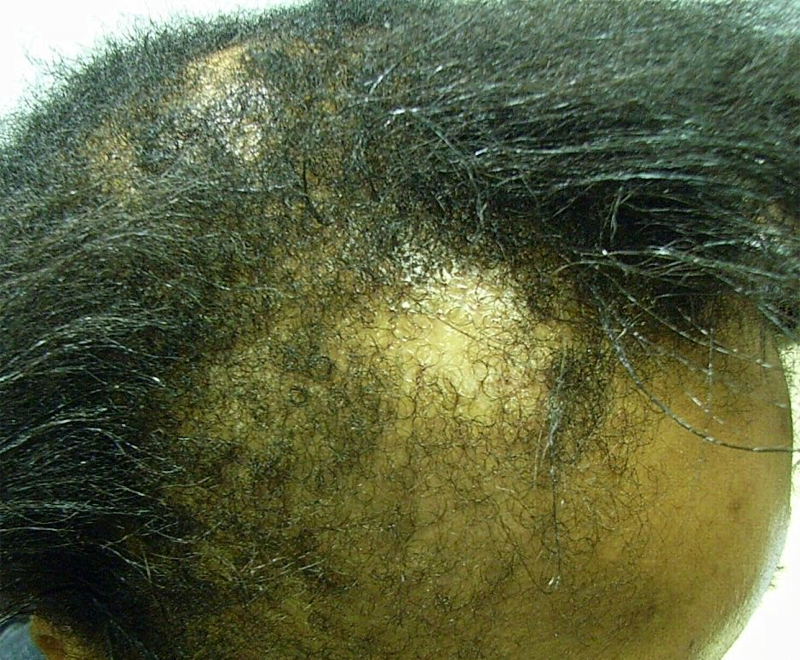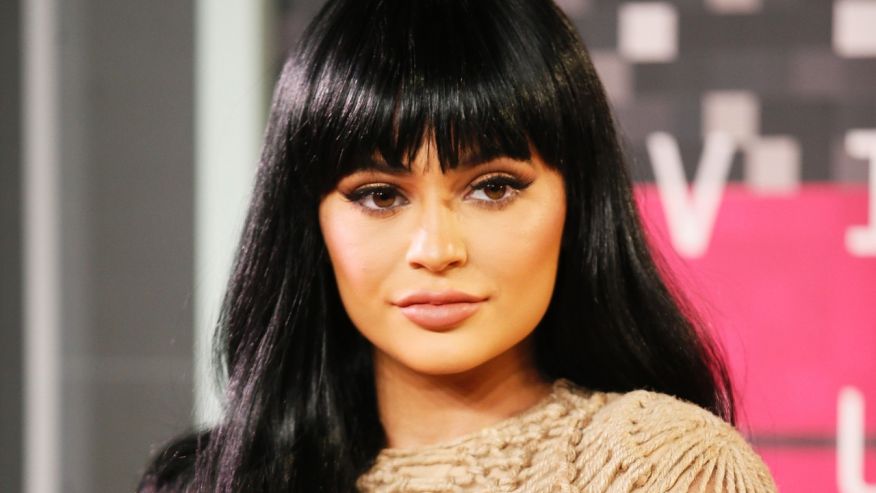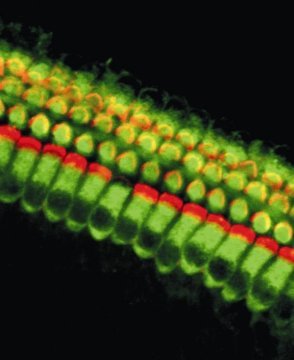
In a world where it’s possible to get contradictory opinions on almost every bit of dietary advice, one food group reigns supreme in its ability to unite all experts behind it: protein. Its vital role in building and maintaining muscle means that anyone who’s exercising regularly needs to consider their protein intake carefully to ensure they’re eating enough.
But protein’s power goes well beyond fuelling massive muscle gains – even if you’re not an exercise junkie, increasing the amount of protein you eat can help you lose weight. We spoke to British Dietetic Association dietitian Dimple Thakrar (nutritionwithdimple.com) about the power of protein.
Why do we need to eat protein?
Before we look at the benefits of eating more of the stuff, let’s find out why protein is needed.
“Protein is the only food group that provides us with the nine essential amino acids to make muscle tissue,” says Thakrar.
“Without those amino acids, we would not build or make muscle tissue, resulting in muscle wasting and malnutrition.”
How much protein should you eat?
The amount of protein you need to eat each day depends on your activity level and bodyweight. According to Thakrar, if you are sedentary you should eat 0.8-1g of protein per kg of bodyweight per day. If you’re exercising regularly you need to up your intake to 1-1.5g per kg of bodyweight a day.
How does eating more protein help you lose weight?
It’s often said that calories are calories, no matter what the source of them is, and that’s broadly true – if you eat far more calories than you burn off, you’re not going to lose weight regardless of the source. However, the body deals with different food groups in different ways, and its method of processing protein is what makes it smart to eat more of it.
“Protein and carbohydrates have roughly the same number of calories per gram, but because protein foods leave you feeling fuller for longer you are likely to eat less overall,” says Thakrar.
“Foods rich in protein like meat, fish, dairy, nuts and lentils all take longer to digest – up to four hours before it leaves your stomach – so they leave you feeling fuller for longer than other nutrient groups like carbohydrates, which can leave your stomach much quicker, depending on the type.
“Your body’s metabolic rate also increases significantly more after you eat protein than after you eat carbs or fat, which also contributes to weight loss.”
Are there risks to eating too much protein?
After reading the last answer there’s every chance you’re halfway through a steak already, but hold your horses, there’s always a downside.
“There are risks with eating too much of any food group or food,” says Thakrar, “and excessive protein can increase the amount of work your kidneys have to do to filter out the amino acids. For some vulnerable groups, like the frail elderly, it can be harmful to health.”
For healthy, active adults, though, there’s no amount of protein that should cause problems. However, there is a limit to the amount of protein it’s worth eating in one sitting.
“Eating more than 30g of protein at any one sitting is pointless,” says Thakrar. “Your body will just pee out the extra amino acid because it will take only what it needs. It has no benefit to muscle building.”
High-Protein Diets
The Dukan Diet
One of the most popular high-protein diets out there, the Dukan diet is based around four phases, the first of which involves only eating protein. The next three phases gradually increase the amount of carbs and other food groups, but the focus is still very much on protein.
The Verdict
Given the Draconian approach of the Dukan diet to food groups other than protein, it might work in the short-term but it’s not something to stick with for long.
“There is evidence to suggest that a high-protein/low-carb diet can achieve weight loss,” says Thakrar, “but these diets tend to be very restrictive and omit healthy foods, so they are not sustainable for life.
“Also, this diet may not be suitable for people with kidney or liver issues. Generally, I would not recommend it for long-term sustainable weight loss, especially as it may be nutritionally deficient.”
The Paleo Diet
Eat like your hunter-gatherer ancestors by avoiding processed foods as much as possible. Unprocessed meats, fish, vegetables, nuts, seeds and fruit are all on the menu, while processed grains, dairy and any foods humans started eating after the Neolithic revolution are out, although there is some debate on the specifics of what’s allowed.
The idea is that humans are not well-adapted to eating processed foods, and should eat only foods that would have been available to them in the Paleolithic era.
The Verdict
The premise of the Paleo diet is unsound – we are not biologically identical to our Paleolithic ancestors and live very different, and far longer, lives – but following it can still yield positive results.
“There are currently fewer than ten studies that show promising results with the Paleo diet in terms of controlling blood sugars and weight loss, particularly for people with diabetes,” says Thakrar.
“The studies are few and conducted on very small numbers, and therefore more research needs to be done before we can advocate this as a mainstream approach.
“However, some of the advantages of this diet are that it increases people’s awareness of what they are consuming, and encourages the reduction of processed foods and more home cooking with ingredients in their natural form. This results in greater fruit and vegetable consumption and a reduction in salt and sugar by default.
“Currently I wouldn’t advocate it for the general public, but if a client of mine was happy and getting sustainable results while still ensuring their diet was nutritionally balanced on the Paleo diet, I would leave that to personal choice.”
[“source-coachmag”]


















